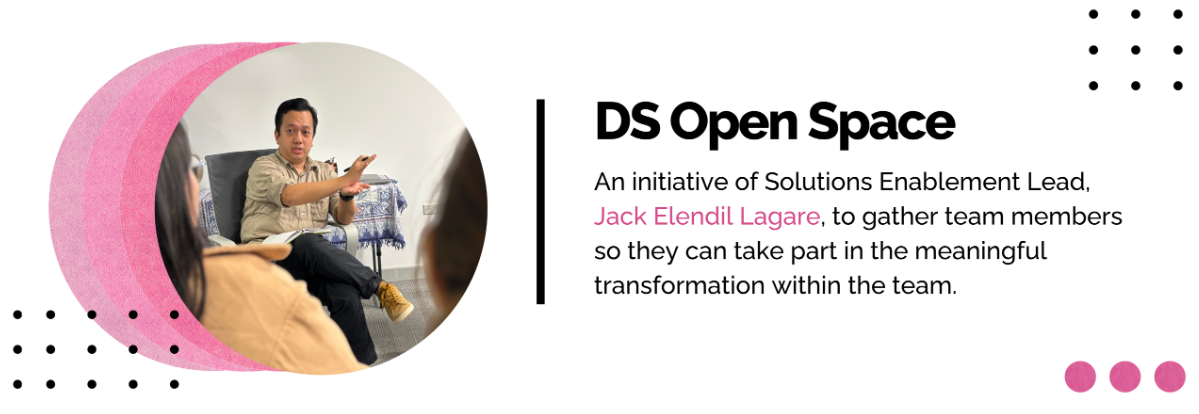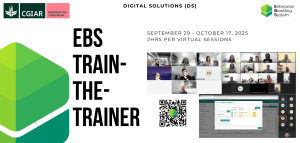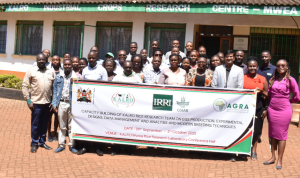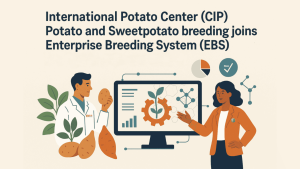To drive best practices and shape organizational culture, team members need to know and feel that their insights, and their limits, are heard and valued. This was the highlight of the Digital Solutions (DS) unit’s third installment of its Open Spaces session held on 31 July 2025 at the International Rice Research Headquarters (IRRI HQ).
During that afternoon, 15 attendees voted to explore four topics:
- Strategies for managing stress and preventing burnout
- “It’s always Day 1” mindset
- How can we create an environment that encourages more active involvement from all team members, such as attending/facilitating events?
- How to say no politely without sounding rude or unprofessional?
Eugenia Tenorio (Software Platform Engineering Lead Specialist) facilitated the first two, while the rest were led by Dolores Pagtananan (Software Engineering Senior Specialist).
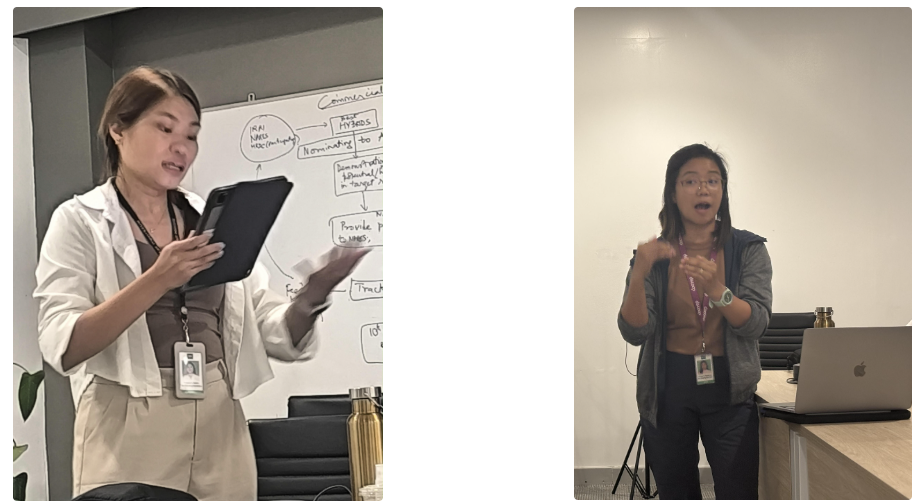
Thoughts on the first topic highlighted the need to identify triggers before any strategy to address such could be made. Various avenues to release stress and prevent burnout were suggested: from journaling, talking with a friend, to singing and cooking. But while a change of pace or routine is helpful, Eugenia emphasized that it all boils down to practicing self-control, setting healthy boundaries, and sticking by it.
The second topic is inspired from Amazon’s operational model. The linked resource summarizes it perfectly: “Day 1 is about being constantly curious, nimble, and experimental.” Essentially, a Day 1 mindset asks us to make room for questions and failures, so we can accommodate genuine innovation. This mindset can be practiced by simply sharing helpful insights that can potentially benefit the team.

From the third topic’s conversations, Dolores noted that team leads can invite members to take more active roles by communicating clear benefits of their participation, providing a robust support system, and building reflection loops through debriefing or a retrospective. All of these can start with a small shift in perspective—from “what can I get?” to “how can I contribute?”
Reflecting on the last topic, participants shared that, professionally, a “no” can be proof of one’s awareness when communicated strategically. Dolores points out that paired with transparency, context, empathy, and alternatives, a no “…can strengthen relationships rather than damage them.”

Given the nature of the topics for this session, Jack Lagare (Solutions Enablement Lead) wraps up by sharing some key points that team leads can leverage to maintain and improve their members’ well-being in both the professional and personal sense:
Share context. Giving team members a clear picture of an activity’s overview can help them decide, prepare, and participate actively.
Listen and plan together. Managers are in the best position to boost staff satisfaction. It pays to spend time and get to know each other better, so they can pave a “happy path” together.

